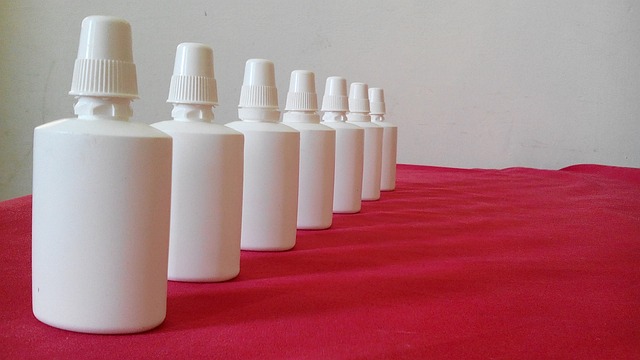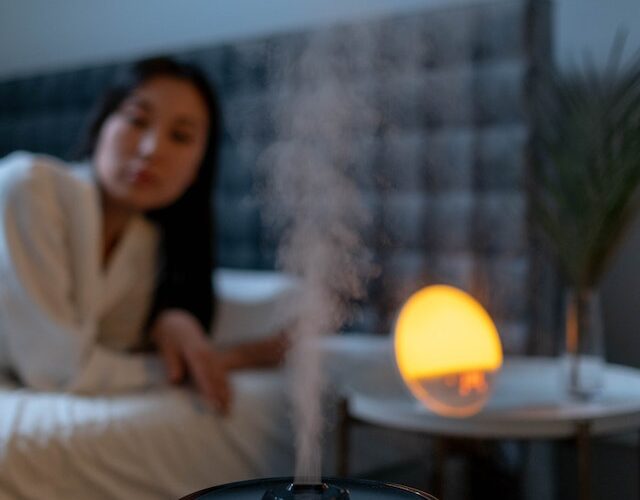There are some effective treatments that you can try to get rid of a dry nose. You can use a saline nasal spray, steam, lotions, or lubricants. You can also avoid using decongestants or antihistamines.
Inhaling Steam
Steam inhalation is a common technique used for dry nose treatment. It can also be used to reduce the coughing reflex. However, it’s important to use it with care. If you’re pregnant or have a weak immune system, it may not be safe to use. While there’s some limited evidence that steam inhalation can help with sinus symptoms, it’s not a cure for sinus infections. Instead, it should be included in a more comprehensive treatment plan.
Nasal congestion is usually the result of a cold or upper respiratory infection. However, the condition can worsen due to dryness in the environment. Dryness in the air can lead to inflammation and blockage in the nasal passages. Using a humidifier or heating system can improve your condition. Inhaling steam can also open up respiratory passages. It can help with nasal irritation, headaches, sore throat, and hoarseness.
Using A Saline Nasal Spray
Saline nasal sprays help to relieve the symptoms of a dry nose. The solution helps to hydrate the sinus passages and remove pollutants and allergens. It also clears mucus and reduces thick secretions. Many factors, including allergies, dehydration, a cold or respiratory infection, or other illnesses, cause dryness. It can be temporary or last for longer periods. A dry nose can be irritating, but it is not serious. However, it can lead to recurrent nosebleeds. If you have a dry nose, talk to your doctor. Dryness can be treated using a saline nasal spray or an irrigation device. These are less irritating than rubbing the nose and can clear up many of your symptoms. Read the instructions carefully before trying a nasal spray. Irrigation devices are better at clearing up bacteria and mucus. They should be cleaned and dried after each use.

Using Lubricants Or Lotions
Using lubricants or lotions to treat a dry nose is a useful way to get relief. The condition can be uncomfortable and cause nosebleeds. If you suffer from chronic dryness, you may need to make use of oxygen therapy.
A humidifier can be a useful tool for supplying extra moisture to the air you breathe. However, you must remember that a cool-mist humidifier is the best option. You can also use a saline nasal spray. This product can help remove dust, pollen, and other potential irritants from your nasal passages. For a more natural treatment, you can apply sesame oil to the inside of your nostrils. Sesame oil has anti-inflammatory properties, soothe your nasal passages, and protects you from germs. Petroleum jelly can also be applied to the inside of the nose. Just be careful to use it sparingly. Applying too much can be dangerous. Some people use a water-based personal lubricant instead. These products are usually able to provide a thin coating to ensure a comfortable lining of the skin.
Avoiding Decongestants And Antihistamines
There are many ways to relieve the discomfort of nasal congestion, including over-the-counter medications, cool-mist humidifiers, and home remedies. It’s best to talk to your physician about the best options for you. For example, you may want to avoid using decongestants or antihistamines if you have heart disease. These medications work by limiting the swelling of blood vessels in the nose. They also improve the flow of air and help clear up sinuses. However, they are not for use in children under six years old. If you are pregnant, make sure to consult with your doctor before taking any medicines. Taking decongestants can also increase blood pressure. Even if you don’t feel uncomfortable, a slight increase in blood pressure can lead to serious health issues. This is especially true for people with heart conditions. Antihistamines can also help reduce inflammation of the nasal passages. While they have fewer side effects, they can cause drowsiness. Choosing the right antihistamine will depend on the kind of allergy you have.
Featured Photo by cottonbro studio: https://www.pexels.com/
